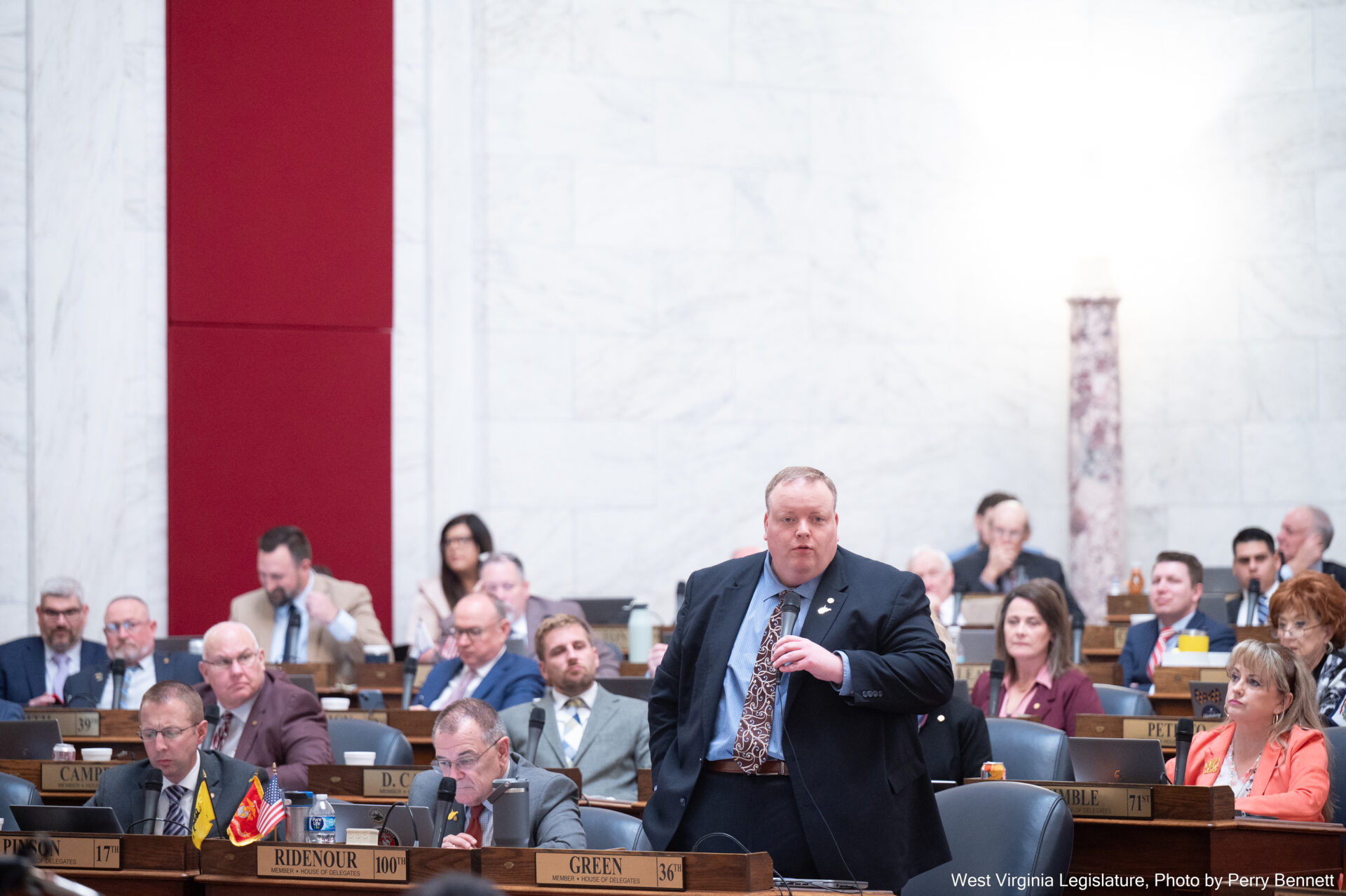Friday the vaccine bill was in a stage where it could again be amended and changed, and after many amendments the bill was changed to allow religious exemptions.
The first proposed amendment profoundly changed the bill. It was named after the health committee that it was created in. That ‘primary’ amendment did away with the religious and philosophical exemptions. The only exception possible was a medical one, which is similar to current law.
The second ‘primary’ amendment would have changed the bill nearly back to the senate version of the bill which had no reporting requirements, required private schools to accept a religious exemption, and allowed for civil lawsuits against schools that could result in monetary relief.
After nearly half a dozen proposed amendments one stuck.
But first the House made changes to the first amendment, the one from the house health committee.
After nearly half a dozen proposed amendments, and hours of debate, one key secondary amendment stuck.
Del. David Green, R-McDowell, successfully put forth an amendment that would have put religious exemptions back in. However it upheld current provisions in the primary amendment that would allow private schools to set their own vaccine requirements, something different from the original vaccine bill that came out of the Senate.
“This country was founded upon religious freedoms,” Green said. “As a young person, teenager, going to school, I wondered often, why our state didn’t allow for religious exemptions, and today we get to change that.”
Del. Bob Fehrenbacher, R-Wood, pointed to the fact that West Virginia has one of the lowest vaccination rates for children under 3. However, schoolage children and adults in the state have one of the highest vaccination rates, a shift he attributes to public school vaccine requirements.
He worries that if the state loosens vaccination requirements for school children then overall vaccination rates in the state would plummet.
“Now that, to me, would suggest that number may go down and put more children into the systems without vaccination,” Fehrenbacher.
Del. Fluharty, a D-Ohio, said the religious amendment would be broad, only requiring a note stating the exemption. The amendment also took away reporting requirements for children who receive the religious exemption.
“I could write it on a piece of toilet paper,” Fluharty. “Hey, this goes beyond Johnny’s religious beliefs or my religious beliefs, and therefore hand it over to the principal.”
Despite the amendment standing to make a key change to the primary amendment passed out by the Health Committee the bill was supported by the Health Committee chair, Worrell.
In a slim margin for the current Republican supermajority, the bill passed. 52-44.
After many more failed amendments, the legislature voted on the two primary amendments – Anders’ amendment, which was untouched by amendments, and the House Health Committee’s amendment, which at its core was changed to allow for religious and philosophical changes.
If one passed it would cancel out the other.
By the slimmest margins of the day, the health committee primary amendment won out.
Worrell explains where the bill stands now.
“The only [amendment] that was adopted was to Delegate Green’s from the 36 that added a religious exemption into the amendment into the bill, while also keeping private and parochial schools to set their own policy,” Worrell said.
Sen. Laura Chapman said she was overall happy with where the bill currently stands.
Now the bill heads back to the Senate, where the changes made will be considered. If the senate concurs with changes made by the House, then the bill heads to the Governor’s desk.
